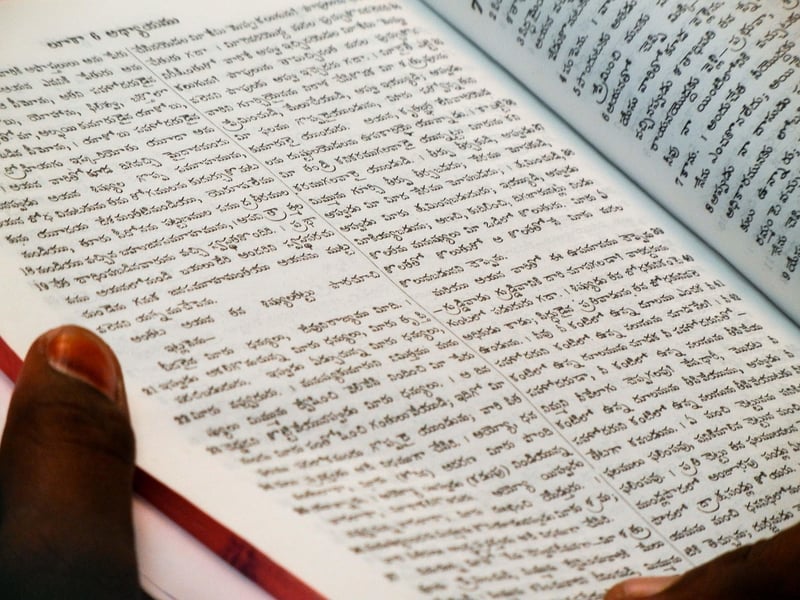Language Translation
Navigating Different Eras: The Evolution of Language Translation
In today's interconnected world, the ability to communicate across languages is more important than ever. Language translation has played a crucial role in bridging the gap between cultures, enabling people from diverse backgrounds to connect and understand each other. Let's take a journey through the evolution of language translation across different eras.
Ancient Times: The Roots of Translation
Translation has a rich history dating back to ancient times. In civilizations like Ancient Egypt, Mesopotamia, and Rome, scribes and scholars were tasked with translating texts to facilitate trade, diplomacy, and cultural exchange.

The Middle Ages: Translating Sacred Texts
During the Middle Ages, monks and scholars in monasteries played a significant role in translating religious texts, such as the Bible, into local languages. This period saw a surge in translation activities, preserving and disseminating knowledge across Europe.

The Renaissance: The Birth of Modern Translation
The Renaissance marked a turning point in translation history. Scholars like Erasmus and Leonardo da Vinci emphasized the importance of accuracy and fidelity in translation, laying the foundation for modern translation principles. The printing press also revolutionized the dissemination of translated works.

Modern Era: Technology and Globalization
In the modern era, advancements in technology have transformed the field of language translation. Machine translation tools, such as Google Translate and DeepL, have made cross-language communication more accessible. Globalization has further fueled the demand for professional translators in various industries.

The Future of Translation
As we look to the future, the field of language translation continues to evolve. Artificial intelligence and neural machine translation are shaping the way we translate languages, offering faster and more accurate results. The need for human translators with cultural understanding and linguistic expertise remains paramount in an increasingly connected world.
Language translation has come a long way from ancient scribal traditions to modern AI-driven tools. It is a testament to the enduring importance of breaking down language barriers and fostering global communication.
Explore the fascinating world of language translation and discover the beauty of linguistic diversity!
